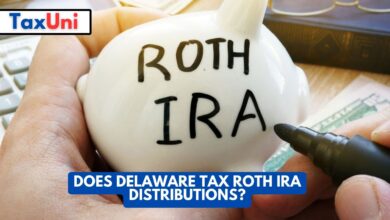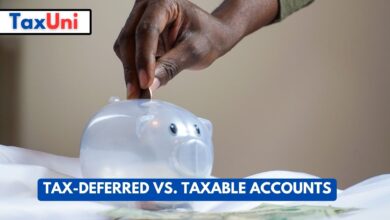Employer-Sponsored Retirement Plans
Employer-sponsored retirement plans such as 401(k)s provide employees with a convenient, tax-advantaged way to save for retirement. This article will cover what Employer-sponsored retirement plans are and how employees benefit from them.

Employer-sponsored retirement plans cover a wide range of services, including retirement savings and group health care. Often, employers will offer a match on employee contributions, which can add up to free money for employees. These programs are a key part of employee benefits packages and help to attract and retain qualified employees. They also provide employers with tax breaks and other incentives. Employer-sponsored retirement plans are great for companies to attract and retain employees. These programs offer services such as health savings accounts, 401(k)s, and employer matching contributions. They are also a great way for employers to save on taxes and benefit costs. Employees can choose to contribute a portion of their paycheck into these plans, and they can manage the growth of that money tax-deferred by purchasing investments such as mutual funds or ETFs. The most popular employer-sponsored retirement plans are 401(k), 403(b), and SIMPLE IRAs.
Many employers allow participants to roll over their account balance from previous employer-sponsored retirement plans or IRAs into their current plan. However, there are different rules that apply for this type of account balance. These are usually defined in the plan’s summary plan description (SPD). Some employer-sponsored retirement plans may require participants to distribute their account balances after leaving employment, while others may not.
The Simplified Employee Pension (SEP) is an employer-sponsored retirement plan that is based on Individual Retirement Accounts (IRAs). It has fewer reporting and disclosure requirements than traditional IRAs and is easier to administer for small businesses. It does not permit employees to make additional elective contributions. Another type of employer-sponsored retirement plan is the Profit Sharing Plan (PSP), which allows a company to reward its employees with company-specific funds on a quarterly or annual basis.

Defined Benefit Plans
Another type of employer-sponsored retirement plan is the defined benefit plan, which guarantees an employee a specific monthly payment in their retirement. This is very common in large companies, and it can be beneficial for both the employer and employee. However, these plans are expensive to administer and require the employer to assume a lot of risk.
The majority of employers will offer their employees a 401(k) or a Roth 401(k). These are defined contribution plans, which means that the company contributes to your account on a pre-tax basis. You can then choose to invest the money in a variety of mutual fund investments that will grow over time. These plans have their drawbacks, though. These plans have lower contribution limits and fewer investment options than individual retirement accounts.
Employees today expect retirement plans as part of their benefits package. Considering how long people are living, it is increasingly important for them to rely on their savings to have a comfortable retirement. In addition, social security only covers so much – it’s not enough to cover most expenses. As a result, more and more people are turning to employer-sponsored retirement plans to make up the difference. These plans typically feature a wide variety of investment options and are easy to use. They also allow employees to invest on a pre-tax basis and receive tax breaks on their contributions.
These plans have become very popular because they give employees much more control over their investments. They are also usually more flexible than traditional qualified retirement plans. This flexibility allows employees to save more money in their accounts and also helps them manage the risks that come with investing.





